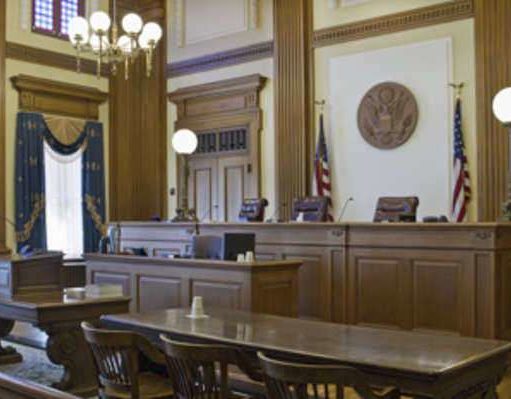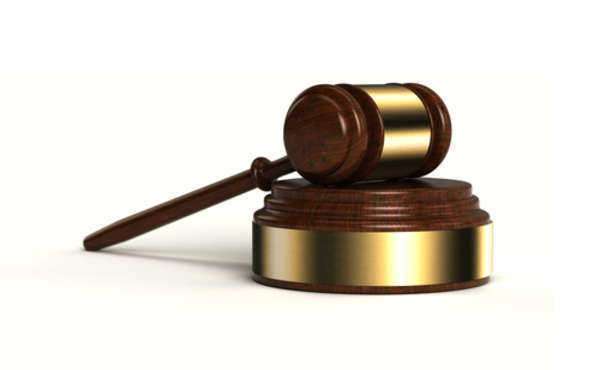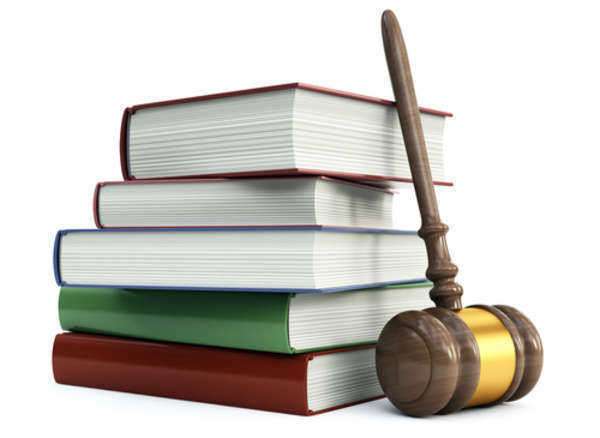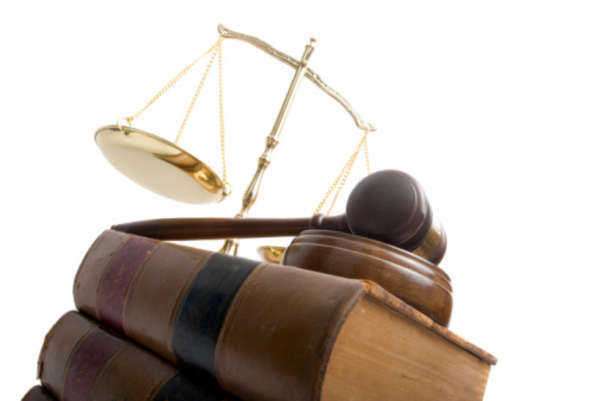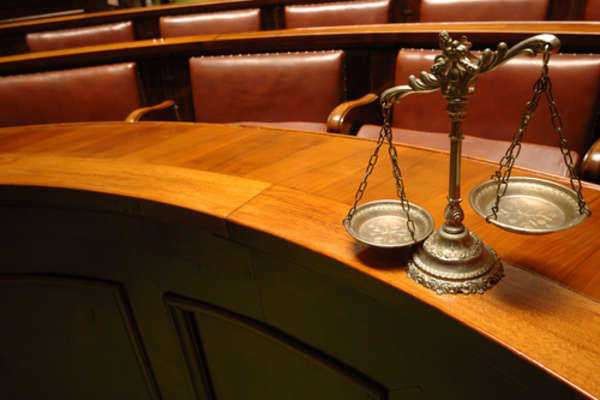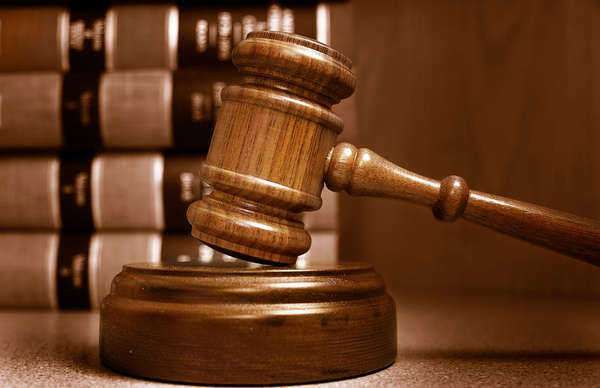Civil Trials in the United States
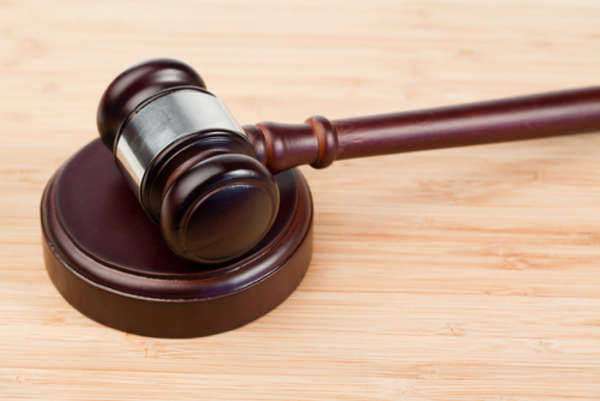
Civil trials are court hearings that involve civil cases. A civil case will handle any infraction that is not considered a felony. In general, most civil cases deal with wrongdoings or misdemeanors associated with personal injury claims, torts, family law cases, minor or petty theft, medical malpractice suits, and other suits that would precipitate a minor punishment or the reimbursement of a financial loss.
Cases involved in a civil trial do not require a jury, and many times do not require advanced legal professionals. Civil trials, in essence, are claims made by one individual against another individual or entity. The prosecuting individual, in most civil cases, will seek a reimbursement of monies for damages or a failure to carry out an obligation. Contact a civil lawyer for legal advice and assistance.
The prosecuting case will state their case with the delivery of evidence, witness testimonials, and an argument. The defense will incorporate the same strategy to state their case. A judge, who regulates and oversees the case, will evaluate the facts of the case and make a settlement (typically in the same day) which acts as the verdict in civil trial.


